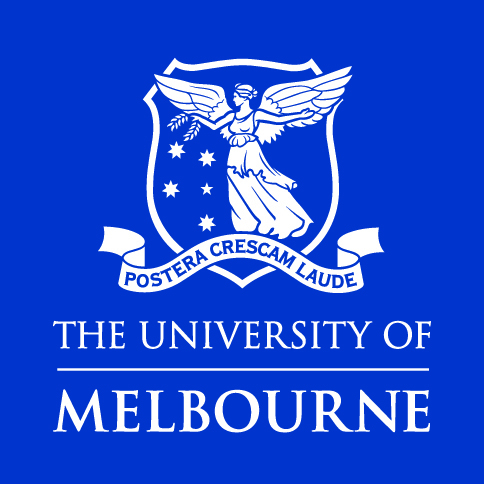
Hamilton Kennedy
La Trobe University
Hamilton’s PhD research is developing methods to explore the history, meaning and “truths” of beliefs that have been labelled as “delusions”.
Tell us about your research
When I was working in a psychiatric hospital, people I spoke with shared with me very meaningful and significant stories of their lives. Many did not appreciate the treatment they were receiving in the hospital context. I could see that people wanted to talk and discuss their experiences, but this opportunity was not always afforded them. I often resonated with the stories people shared with me, even those that were unusual or called “delusions”. I wondered about the background and history to these beliefs.
I remember working with a young man who had so much to say about his life and the world. He was very upset and angry that no one would listen and take him seriously. He was subjected to “restrictive practices” (seclusion and restraint) in the hospital. What he was expressing was causing him distress, and our inability to provide a meaningful response was causing him distress too. I made attempts to engage in the conversations he was seeking, but at the time I wasn’t sure how.
I was considered a bit unusual myself because I told others I wanted to learn about the “truths” contained in beliefs that were labelled as delusions.
My current PhD research has been an opportunity to explore so-called delusional beliefs with people, and to develop methods for exploring their history, meaning and truths.
What’s most significant to you about this research?
The most significant part of this research is the attempt to ground in research the importance and validity of having difficult conversations about “delusions”. There have been some other attempts to do this, but none that were consistent with my own values nor consistent with what others I had worked with wanted. Delusions are often ignored or considered not worthy of discussion. In contrast, I encourage a discussion!
What drew you to narrative practice in the first place?
I was introduced to narrative practice during my undergraduate social work degree. Although the introduction was only brief, narrative therapy struck me as being so non-pathologising that I read a little more about it. Later, a colleague told me that there was a Master of Narrative Therapy and Community Work at The University of Melbourne. I thought my colleague was very intelligent and capable, so I took their advice and took the leap into this field. Immediately, I understood how narrative practice could be useful in practice and in research.
Please share a story of one sparkling moment in your research journey so far
A sparkling moment in my research journey thus far was coming to the realisation with a participant that perhaps there was no need to resolve or “fix” their delusions as they had a function within their life. This is counter to most assumptions about the experience, but on taking the time to explore the experience with the person, this made immediate sense. While it’s important to identify and support people with problems they face, it’s also important that we first consider whether or not the experience is a problem in the first place.
Is there a book or article or other publication that has particularly informed or inspired your approach to bringing together narrative practice and research?
The most influential article about narrative practice for me was “Psychotic experience and discourse: An interview of Michael White by Ken Stewart” (in White’s 2016 book Narrative therapy classics). This helpfully explored so many nuanced perspectives on mental health. The research and writing done by Marnie Sather in relation to suicide and her contributions to insider research have also been very influential.
What are your hopes for your participation in the Narrative Practice Research Network?
I would love for others to hear about what I am up to as I think my research participants have supported me to develop a unique methodology and approach. I would also love to stand among colleagues to show the diversity of our research under the banner of narrative practice.


